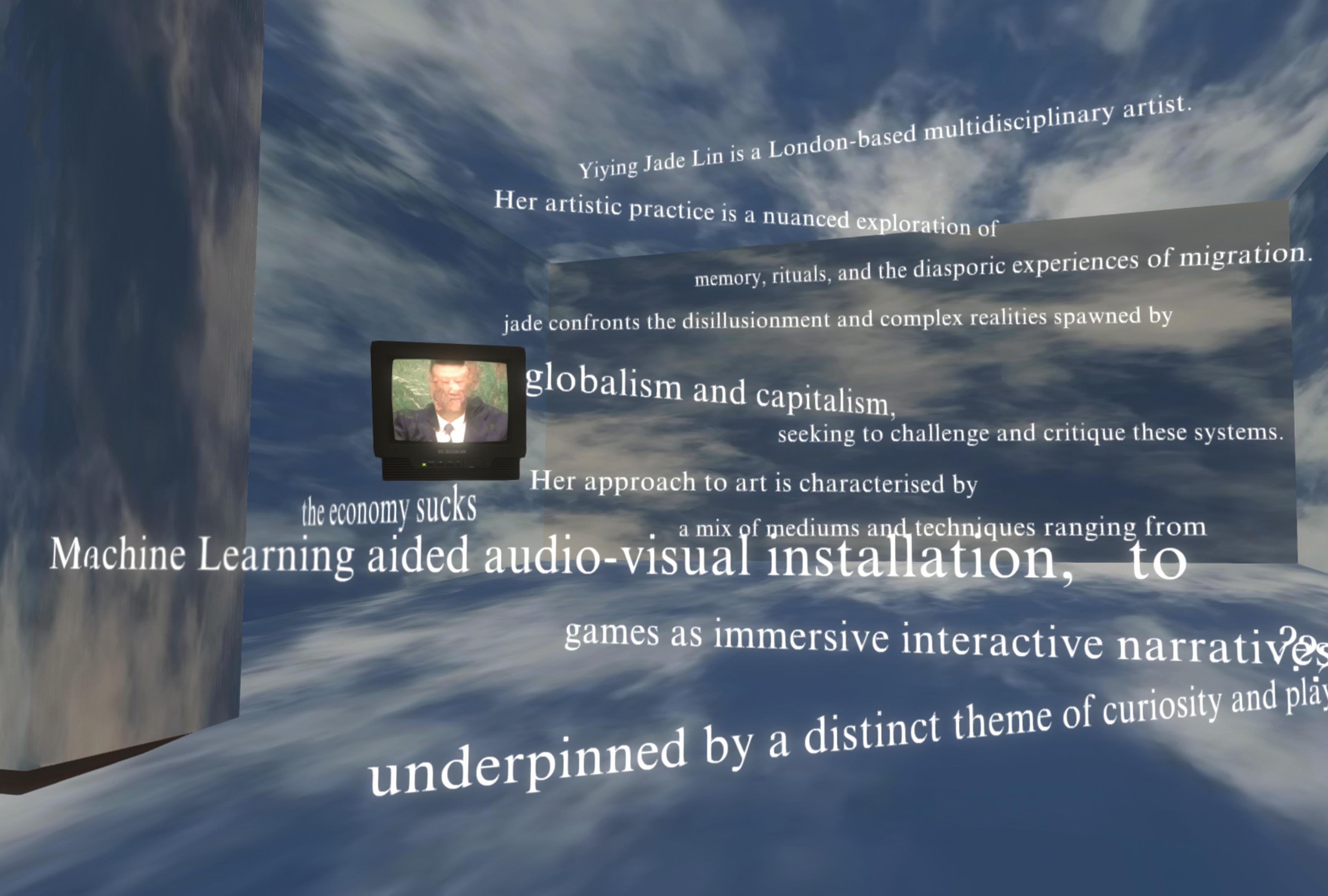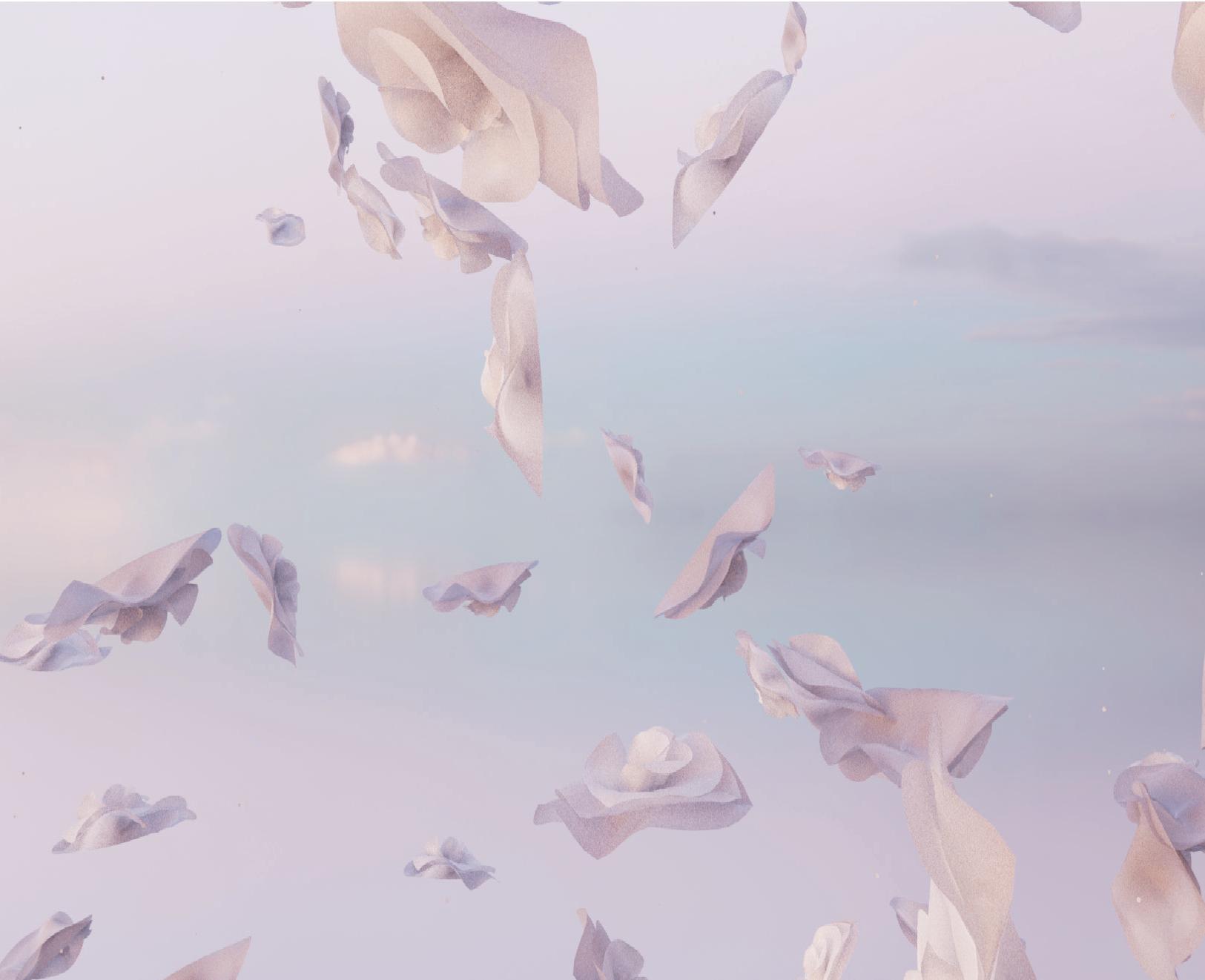


For us, ‘Fog Rot’ explores cultural conditions of active forgetting, misdirecting and misconstruing as a way to observe how time and memory have become transient in a climate of constant technological change and optimisation. By playing on the materialities of ‘Fog’ and ‘Rot’, we want to explore the murky terrains of memory, or perhaps a lack thereof, to better understand the material relationships between technology, art, and the ways in which forgetting gives us the task of re-remembering what it is that we are trying to say.
Sift through the pages with your own will. There are no page numbers or order; each artist has curated one page to make this expansive collection of material.

By focusing on materiality and what these processes of decay evoke about the state of the climate today, we are interested in reorganising the information we encounter to offer up a series of narratives that put it into question. How did we come to encounter x? How are we using it to articulate y? What does this represent, and what does it throw into question? By positioning ourselves with the terrains of ambiguity and uncertainty, we hope that staying in the slow time of ‘Fog Rot’ will allow us to stick with these problematisations and consider what memories and futures can be organised around the very uncertainties they seek to unearth. This zine delves deeper into the work and making-of processes of exhibiting artists, using a deconstructed reading format to explore individual contributions in a collaboratively synthesised manner.
GOLDSMITHS DIGITAL ARTS COMPUTING Zine

Fog often provides a sense of visibility, but not complete clarity. We see parts of it, but not everything hidden beneath. Right now we encounter a lot of indirect information. We learn that concealment is at play, data is manipulated and masked in ways that reveal how technologies are weaponised to devastating effects, and in ways which lead us to consume information in fast streams, much to the over stimulation and desensitisation of its users. So how can we address this as artists working in alliance with technology? How can we understand the implications behind the materials that we use to comment on their histories and explore how we want to see them in future?

















